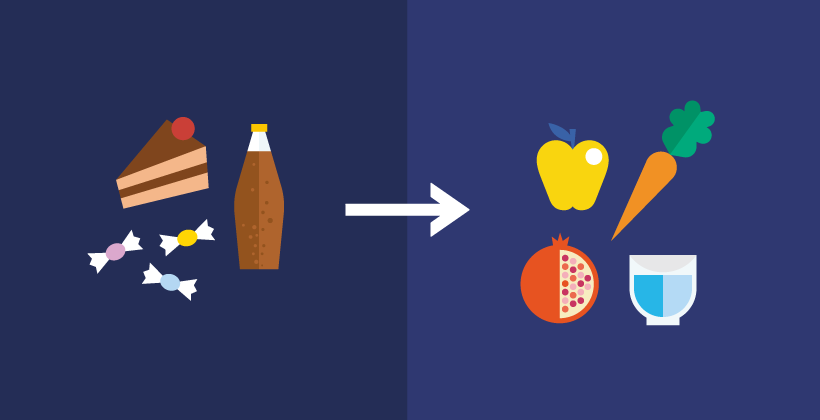Keeping your weight under control
Last Updated : 03 August 2003Excess weight has physical, psychological, social and economic consequences. But deliberately losing weight is not easy. And how do we keep our weight under control?
We are not talking about the cosmetic (bikini) slimmer. They almost inevitably relax at the end of summer when thicker clothes hide excesses. This so-called ‘yo-yo’ dieting is not health giving, but recent studies have shown that equally it does no harm. Our main message is to try to maintain beneficial weight loss.
Those who have managed to reduce their weight by at least 5-10% are rewarded with significant health benefits. However, these benefits only last as long as the weight loss is maintained. It is important to maintain the weight loss indefinitely, or, if possible take further steps towards reaching the optimal range of weight for our height.
This may require a significant change in lifestyle and habits.
Previous articles have stressed that there is an immediate fall in energy use while dieting, but that, as the weight stabilises at a lower level, there is a permanent fall in the resting metabolism and in the energy required for physical activity. This means that the energy input/output balance needs to be adjusted, or the weight will inevitably be regained.
The energy input/output balance for the new healthier lifestyle should be altered by both increasing the energy used (exercise) and reducing the intake (food). Below some practical suggestions.
|
Overall |
|
|
a. |
The change is not for just days or weeks but for life, a longer healthier life. |
|
b. |
Plan in advance, and be realistic. If change is not compatible with our lifestyle, experience shows it will not be sustained. It is usually possible to find a compatible solution with pre-planning. We are all creatures of habit, lets make sure the habits are good ones. |
|
c. |
Keep a regular weekly check on the weight. By adjusting exercise and eating level maintain the weight within a 2-3 kg range. |
|
Increasing energy output |
|
|
a. |
Experience shows that regular exercise is a vital component. Very few manage to maintain their weight loss unless they undertake regular exercise. Exercise helps the energy balance, improves heart and lung function, reduces self-pity, boredom and snacking time. |
|
b. |
The higher the exercise level the better, but even walking or cycling rather than using cars or buses, and using stairs not lifts regularly helps. |
|
Reduce food intake |
|
|
a. |
Work out a pattern of meals that suits. Some find that a healthy large breakfast reduces excesses later in the day. Most find three balanced meals, two smaller ones and one main meal is adequate. |
|
b. |
Reduce calorie intake by reducing fats and alcohol. Both are energy dense and do not keep hunger away for long. Choose complex carbohydrates particularly fibre containing ones. |
|
c. |
Reduce portion size and choose a smaller plate as it gives you the impression of eating more. |
|
d. |
Eating 5 helpings/day of fruit and vegetables helps keep weight under control and is healthy. |
|
e. |
Do not forgo work related or celebratory meals. Plan ahead to allow for some calorie latitude. At the special meal, careful selection and small portions can avoid problems. |
|
f. |
Try to work out any causes for indiscreet eating and avoid them. |
It works and is worthwhile. “Have a good day, have a good lifestyle”.



